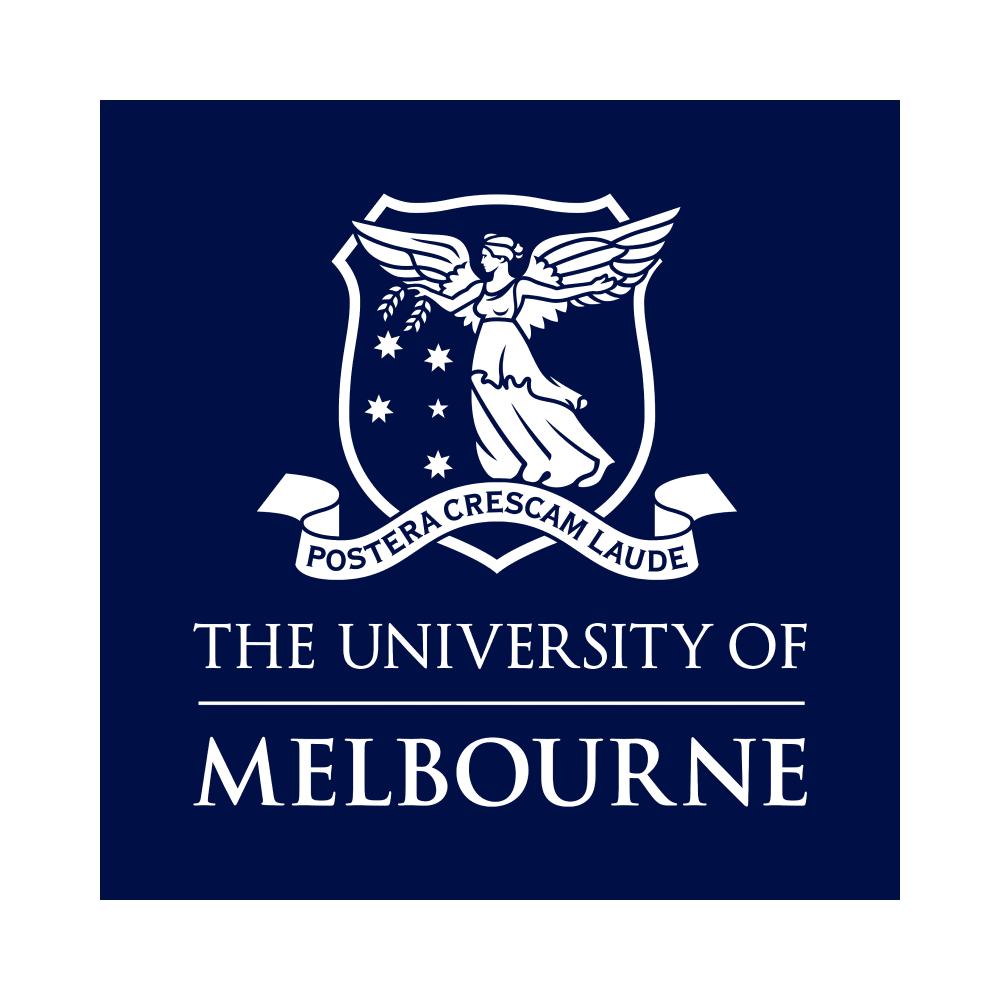
Postgraduate study can open up a world of possibilities and careers in finance. After gaining a postgraduate business degree, more avenues for advancement can become available and your attractiveness as a candidate can grow as well.
This article details how a postgraduate business degree can lead to better positions, more diverse roles and higher salaries – in finance and beyond.
Careers in finance
With a combination of professional experience and a postgraduate qualification, you are well-positioned to explore a range of careers in finance. Here are just some of the opportunities – and their earning potential – available with a postgraduate business degree.
- Financial analyst
An analyst typically works for an organisation, analysing current and past financial performance, monitoring finances and predicting future costs. According to SEEK, the annual salary for this role is $105,000.
- Financial advisor
An advisor’s role is to provide tailored financial guidance and advice to clients. Clients can include individuals and organisations. The average annual earnings for a financial advisor is $120,000.
- Investment manager
These professionals have clients, including individual and institutional investors, and manage financial planning and investing. According to SEEK, the typical salary for an investment manager is $150,000.
- Finance manager
This role typically supports the senior management team by providing financial guidance, identifying risks and exploring opportunities. A finance manager in Australia may earn around $135,000 a year.
- Financial controller
A financial controller oversees the finance department of an organisation, often holding a leadership or management position. The estimated salary for this role is around $150,000 a year.
As part of the C-suite, a CFO oversees the bigger-picture of an organisation's financial management. With an average salary of $190,000 in Australia, the earning potential is significant in this role.
With relevant experience and a business-focused postgraduate qualification, the career options extend well beyond this list.
Master’s in finance vs MBA: what’s the difference?
For those working in finance, it makes sense to compare a master’s in finance with an MBA. Although both are postgraduate qualifications that expose graduates to numerous opportunities and outcomes, there are differences.
A Master of Finance is a postgraduate degree focusing solely on financial units. Topics typically include investment management, international finance and financial markets. Upon completion, graduates will have a deeper understanding of finance and be able to explore senior roles in the industry.
Below are a few master's degrees in finance from Australian institutions.


Become a finance expert and build practical skills
Prepare for your career in the ever-evolving finance sector with a Master of Finance from Melbourne Business School. Join a small cohort of students in this elite program and develop specialist knowledge of Australian and international financial markets. Gain practical experience on real-life consulting projects, learn from industry experts and hone your skills during in-class simulations. Graduate with a highly sought-after skillset, ready to work in Australia or overseas.
Key features
- Chartered Financial Analyst (CFA) Institute recognised. Study at a CFA-affiliated university and cover at least 70% of the program partner requirements. You’ll be in a strong position to prepare for the CFA exams after graduation.
- Boutique program. Join a high-calibre cohort with a limited number of students admitted each semester.
- Real-life consulting opportunities. Take the practicum elective to work as part of a group on a real-life consulting project in Melbourne, Sydney, or overseas (previous groups have gone to Shanghai, London, Singapore and Paris).


Master the essentials of finance, banking, investment and analysis with Swinburne University of Technology's revamped Master of Finance. Aligned with the CFA Institute and a CAIA Academic Partner, the program covers FinTech, AI, blockchain, cybersecurity, alternative investments, business analytics and sustainability. Gain hands-on experience through two industry-led capstone projects in Finance and FinTech.
Employment opportunities include financial analyst and managerial roles in finance, financial technology, stockbroking, insurance, project management and the finance industry.
The Master of Finance is accredited by the Association to Advance Collegiate Schools of Business (AACSB) International. The alumni of AACSB-accredited business schools are among the world’s most influential leaders, innovators and entrepreneurs impacting business, government and non-profit sectors. Only the top six per cent of business schools worldwide are AACSB accredited.
This course is also accredited by the CFA Institute Affiliated University. The course covers at least 70% of all three topic levels of the CFA program Candidate Body of Knowledge (CBOK), placing emphasis on the CFA Institute Codes of Ethics and Standards of Practice.


The Master of Applied Finance secures you with an advanced suite of financial skills and a competitive edge in the industry.
In this course, you will take core accounting, economics and finance courses, build practical and real-world skills through five applied courses, and pursue electives according to your interests and career goals. Learn a wide range of advanced analytical tools for financial decision-making and build strong communication and leadership skills.


The finance sector is always on the move. Evolving technology and transforming markets are changing the way we manage, invest and interact with our finances. Which makes a fresh perspective and an analytical mind ideal tools for navigating that change – and making a lasting positive impact.
The Master of Banking and Finance is your chance to be a part of what’s next, as you shape an exciting career in the industry.
During the program, you’ll gain valuable insights about the global banking industry and the role it plays in shaping our future. Grounded in research and practical opportunities to apply your knowledge, you’ll be set up with a strong foundation to build a successful career in the sector.
Guided by leading academics and experts in the field, as you study banking systems, money markets, financial management, financial modelling, lending and risk management and portfolio management. While strengthening your critical thinking, communication and market research skills as well.
By the end of the program, you’ll be equipped with a practical skill set that can take you anywhere, in Australia and abroad. You’ll have access to exciting career opportunities in banks, insurance companies, consultancy firms, government and large corporations.
An MBA is a more general postgraduate qualification focusing on business management. Within the program, students cover all aspects of business, including strategy, leadership and innovation. Many online MBAs also include finance units. There are many finance roles in consulting industries, government and not-for-profit organisations. Completion of an MBA opens up even more opportunities in these sectors and beyond.
The unique benefits of an MBA
Still trying to decide which qualification is right for you? These benefits show the edge that a general MBA can give you, especially when pursuing a career in finance.
- A comprehensive set of skills.
MBA graduates develop broad business skills they can use along their career path. Skills include future-focused management, change management, communication and strategy.
- Attractiveness as a professional candidate.
Employers today are looking for staff who can be flexible and agile with their abilities. A finance professional with a general understanding of business is likely to be a favoured candidate in the current business landscape.
- A combination of business and finance-focused units.
You can emerge with the best of both worlds when you study for an MBA with finance units. MBAs offer finance units, allowing you to deepen your understanding of both business and finance.
How an MBA can help your finance career
An MBA is a valuable qualification in many industries. For those seeking a career in finance, it can be particularly helpful.
Ulrika Lobo, founder of private debt lending business Sparrow Loans, says an MBA was invaluable in the process of starting her business. With a diverse professional history, including roles in engineering, marketing and sales, Lobo landed in financial services and eventually made plans to open her own business.
“Starting a business requires the management knowledge and skills I learned in my MBA. In addition to these, it helped me gain credibility for capital raising and onboarding investors.”
According to Lobo, the postgraduate qualification also delivered many other benefits.
Access to bigger opportunities
“I knew that to get more opportunities in management positions, higher paid roles, and the confidence to manage a business myself, an MBA was the ticket,” Lobo says. “It was the best way to have all the opportunities laid out before me.”
An MBA can be the ideal study path regardless of the roles you’re aiming for, she says.
“Anyone looking for strategic, leadership, or business management roles – including C-suite experience – will find an MBA useful.”
Transferable skills that work in finance, and more
The transferable skills an MBA provides graduates can be used in finance and other professional roles in Australia and globally. Lobo advises future students to choose units that align with their goals in finance and to study others like leadership and communication that can be applied anywhere.
Networking with like-minded professionals
Studying alongside other professionals can expand your network even further. Even in an online setting, an MBA creates a connection with others and helps forge relationships you will have throughout your career.
Flexibility to work and study
Importantly, studying an online MBA gives students flexibility that’s not always possible with in-person learning. “You choose the structure of the course, so you make it work for you,” Lobo says. “At the end of the day, you want to get the most out of the experience, but also you want to excel academically, and online learning helps.”
Explore your potential in finance and beyond
Ready to reach new heights in finance? Postgraduate programs can be just the thing to propel you onwards and upwards. If you're aiming to get a leadership role in finance, you can look for postgraduate courses in finance or MBAs offered by Australian universities that can help boost your career prospects.



















